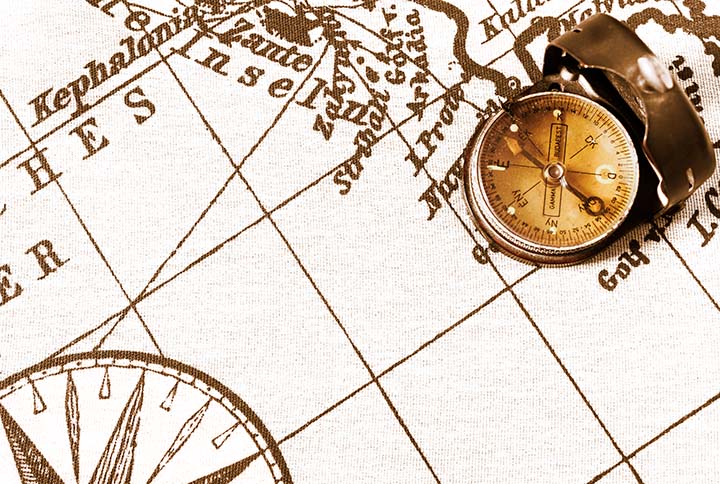

Central banks get ready for a new gold standard
Record buying of gold by central banks, which are matching their gold reserves relative to GDP with other countries, revived the debate about the possibility of a reboot of the current monetary system based on a new gold standard.
Global central banks have been buying record amounts of gold since the beginning of 2022. The pace and regularity with which central banks accumulate gold is unprecedented, as they have been mostly sellers of the precious metal throughout history.
This extraordinary demand for gold by central banks, the largest in 55 years, is attributed to a desire to diversify their reserves and reduce dependence on the dollar in the face of a paradigm shift towards a multipolar world that is becoming increasingly evident.
The US banking crisis, geopolitical tensions, military conflicts and the US Federal Reserve’s stance on maintaining interest rates have been some of the main factors contributing to gold’s continued safe-haven asset status for investors and central banks this year.
But beyond the intrinsic capacity of physical gold to maintain its value in the face of economic uncertainty, some indicators suggest that this accumulation of gold by central banks is just the prelude to a restart of the international monetary system and a possible return to the gold standard.
Gold reserves to GDP
Aerdt Houben, Director of Financial Markets at the Dutch Central Bank (DNB), has recently spoken about the potential value of gold in a financial collapse scenario, stating that if a financial crisis occurs, the price of gold will skyrocket, and official gold reserves can be used to support a new gold standard.
The DNB has matched its gold reserves, relative to GDP, to other countries in the eurozone and outside Europe. The same is true of the Polish central bank, which in recent years has bought some 300 tonnes of gold to bring its gold-to-GDP ratio in line with the eurozone average.
Not all eurozone central banks are transparent about the alignment of their gold reserves with GDP, but even though there is no official agreement or mandate, and European central banks have communicated that there is no legal obligation to coordinate reserves, there seems to be an unofficial agreement to balance gold reserves among themselves.
In any case, given the evident alignment of European banks’ gold reserves over the past decades, some analysts believe that this is a plan B to stabilise their economies by moving to a gold standard in case of a collapse of the current global monetary system. Not unlike what China and Russia are speculated to have been doing in recent years with their massive purchases of gold.
The bad monetary policies that caused the housing bubble and the way fiat currencies have been managed since the 2008 crisis, depreciating the dollar and exporting US domestic problems to the rest of the world, along with economic sanctions on countries not aligned with Western geopolitical and economic interests, have undermined the credibility of the international monetary system. An alternative based on a new, multipolar, more stable and less inflationary gold standard seems closer than ever, and global central banks want to be included.
Protecting savings with physical gold has been one of 11Onze’s main contributions to its community. Faced with the still-high inflation and the growing crisis of confidence in the banking system, gold is once again strengthening its position as a safe-haven asset. Discover Gold Seed at Preciosos 11Onze.
Leave a Reply
You must be logged in to post a comment.





Bon article!!!!!
Gràcies, Manel!!!
Gràcies
Gràcies a tu, Joan!!!